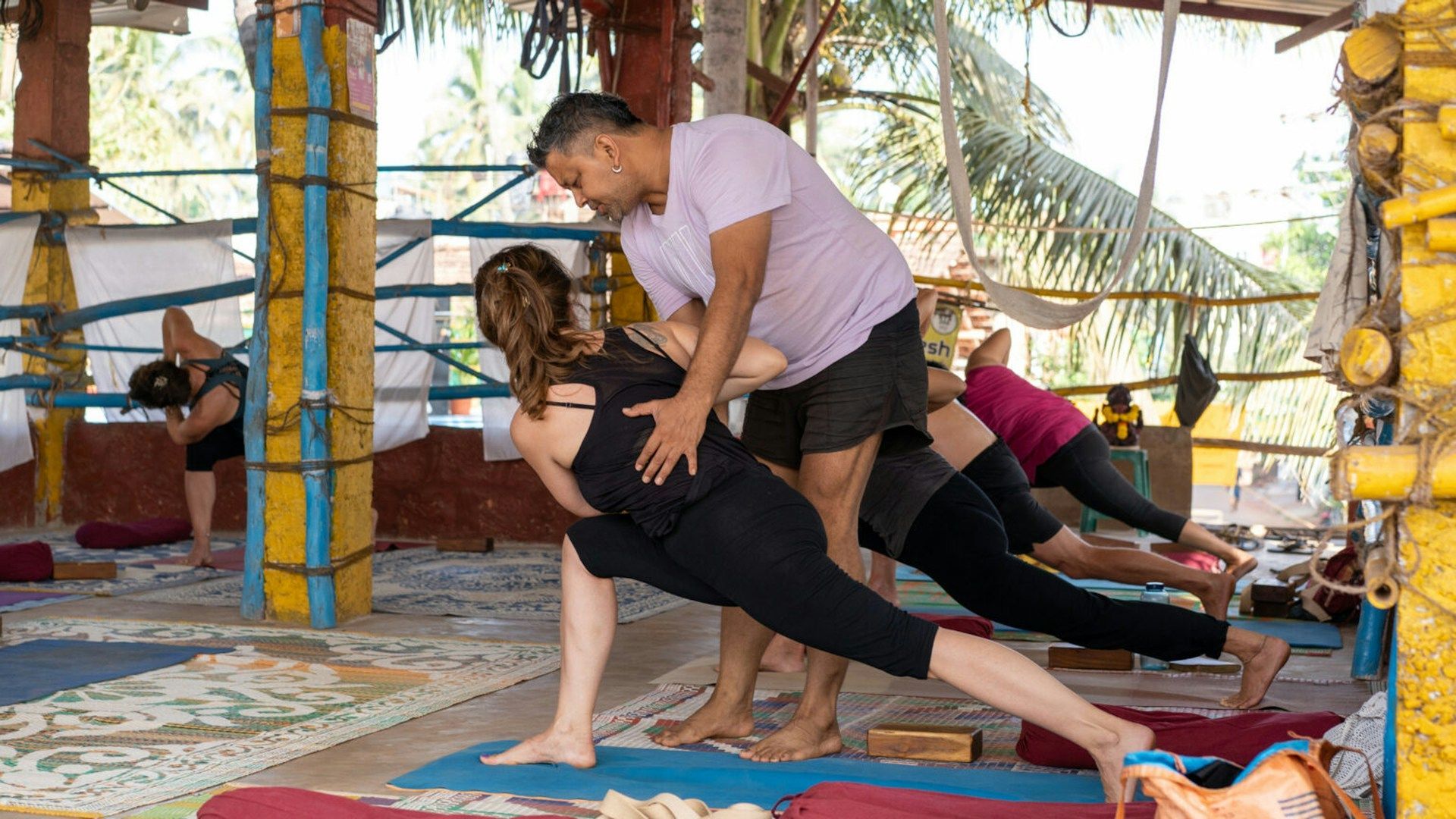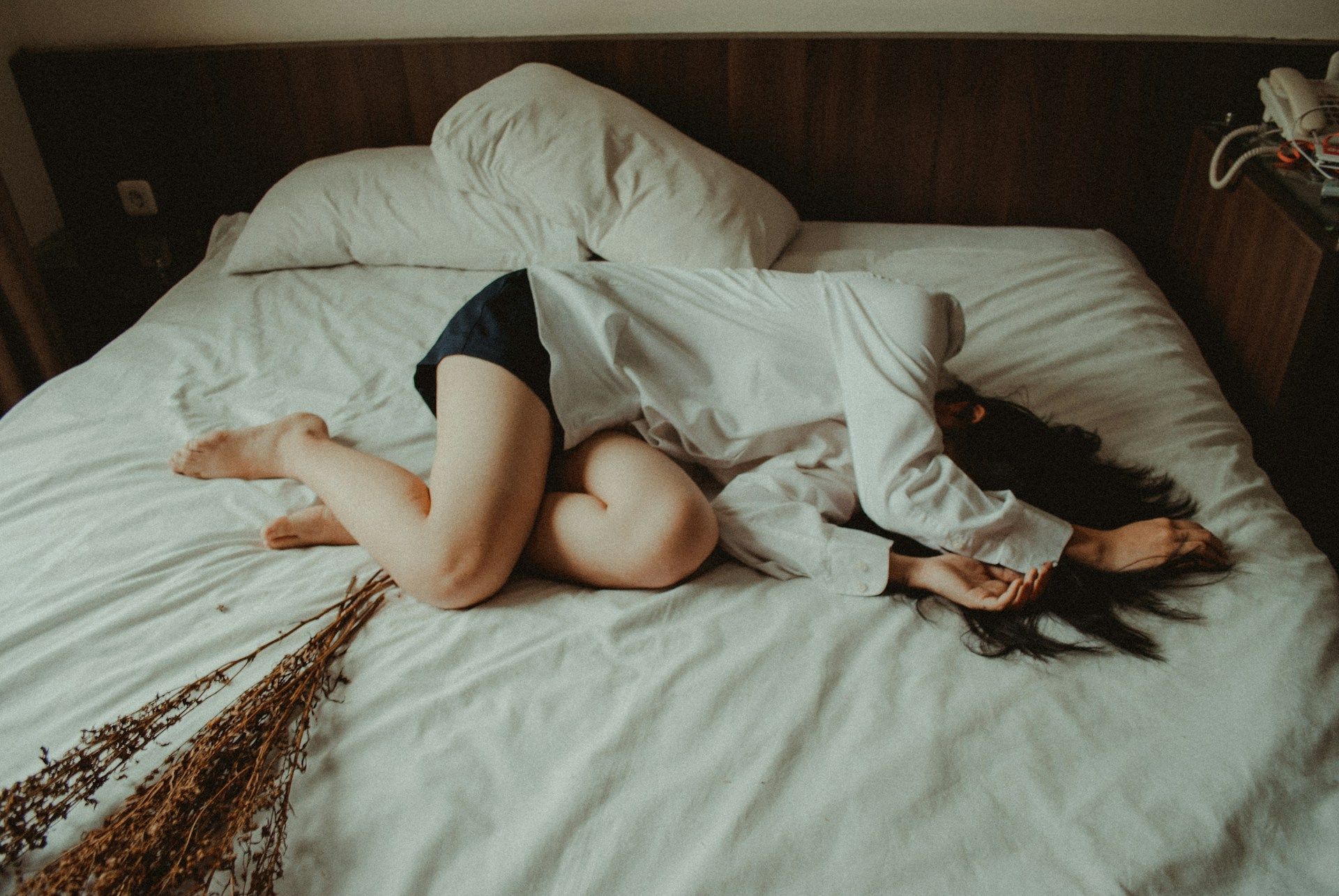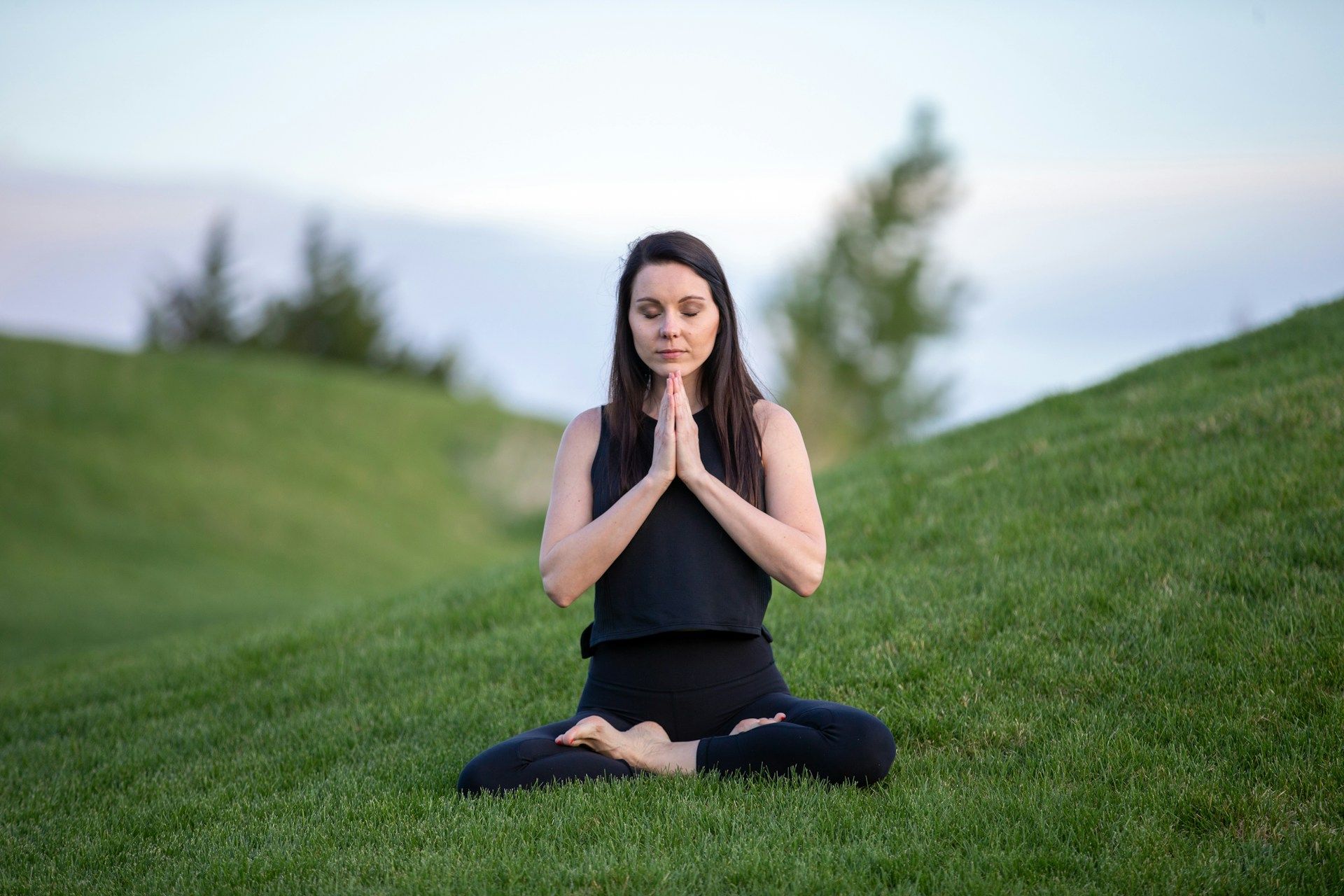Can't Sleep? Try This Evening Ritual
Written by Jennifer Stanley
Is there anything more frustrating than tossing and turning? You know it’s going to affect you the next day. Worse is when you can’t sleep for several days in a row, stumbling through waking life like a zombie but cursing the sight of your bedroom ceiling through your open eyelids at night.
Although scientists don’t fully understand why living creatures need sleep, they’re certain of how badly it affects you when you don’t get enough. You become more accident prone, and your risk of various diseases increases. Plus, it wreaks havoc on your mood and leaves you snapping at loved ones.
As someone who has struggled with insomnia, I understand its impact. While nothing health-related is guaranteed, certain habits and practices can nevertheless make it easier to get your Zzz’s. Try parts or all of this evening ritual the next time you can’t sleep or, worse, suffer a stretch of insomnia.
Start With Your Daily Routine
How you pace your day influences how well you sleep at night. In general, you want to tackle your toughest mental and physical activities soon after waking, taking on less stressful stuff as you get closer to bedtime. Recently, some people have reported terrific success using the 10-3-2-1-0 sleep rule.
What Is the 10-3-2-1-0 Sleep Rule?
Dr. Jess Andrade, sports medicine physician, explains the 10-3-2-1-0 sleep rule as a guide of activities to cease at specific intervals before bedtime to encourage more restful sleep. It works like this:
- Stop drinking caffeine 10 hours or more before bedtime. Caffeine blocks your adenosine receptors, a body chemical that builds up over the course of the day, making you sleepy.
- Finish your last big meal at least three hours before bed. Digestion can stimulate you, keeping you awake, and lying down too quickly after eating can trigger gastric reflux.
- Stop all work activities at least two hours before bed and begin your evening ritual.
- Turn off all screens at least one hour before bed, as it stimulates your mind and the blue light can keep you awake by affecting melatonin.
- How many times do you hit snooze? Zero! That’s a big goose egg. Studies suggest hitting snooze doesn’t add to quality sleep and may extend morning grogginess, a condition called sleep inertia.
The Role of Exercise
What about exercise? Doesn’t a good daily workout help you get more rest? Yes, and exercise should absolutely be a part of your routine — with one caveat.
Three hours before bed, cease all heavy physical activity. You can still include a gentle, soothing yoga routine, such as the one below, to ease you into dreamland. However, save anything that exerts your muscle power or gets your heart pumping for early in the day, as it keeps your core temperature elevated and revs up your metabolism, which can make sleep elusive.
Your 2-Hour Evening Ritual Wind-Down
Commit to yourself that the two hours before bed is your sacred time. I know, I know, I know. I’ve been there, too. Sometimes, you work a 12-or-more hour day or have errand after errand keeping you busy until bedtime.
Guess what? That’s not a problem if you tumble into bed exhausted. However, if you find yourself unable to sleep after ten to 15 minutes, get up and begin your evening ritual.
Why? It’s all about engaging the parasympathetic side of your autonomic nervous system, baby. That’s the part that governs unconscious processes, which has two sides. When the sympathetic, or fight-or-flight side, remains overly engaged, it can keep you counting sheep even when you’re physically exhausted. Your parasympathetic side is your rest and digest, and that’s what you want to engage when you can’t sleep by practicing one or all of the following activities.
1. Make and Review Your List
Often, what keeps your head spinning are the thoughts of everything you have to do. The best way to set it and forget it is to make or review tomorrow’s to-do list. Get those “I can’t forget to’s” out of your head and into your planner. Then, let go of guilt, knowing you have done your best for the day and have a solid plan for tomorrow.
2. Read Something Uplifting
Reading is a great way to calm your nerves, but your choice of material matters. Scrolling through social media is a no, as is tuning into the news. Instead, escape into fiction or dig into a non-fiction interest, like books on bushcraft or gardening.
Pay attention to your device. Kindles and phone readers are handy for car dwellers and those living tiny as they take less space than books. However, blue light is a sleep killer — use twilight mode or invest in a reader that cuts this frequency.
Listening to a story is another option. There’s no shortage of podcasts available free on YouTube.
3. Sip Some Herbs
Certain herbs can help you sleep. A nice cup of tea, perhaps with warm milk, can ease you into dreamland. If you prefer plant-based milks, try a variety with soy or another version high in tryptophan, as that’s the magic stuff scientists believe creates the sleepy effect. Herb tea blends to try include the following:
- Valerian
- Chamomile
- Passionflower
- Lavender
- Lemon Balm
- Skullcap
- Kava
What about a nightcap? You should avoid the sauce. Although alcohol binds with your GABA receptors to relax you into sleep, your body ramps up glutamate production a few hours after you stop drinking to rebalance your neurotransmitters. Glutamate is an excitatory neurotransmitter — you end up waking up halfway through the night unable to get back to sleep.
However, many people, including myself, report considerable success with indica strains of cannabis. Consider giving it a try if it is legal where you live.
4. Set a Cozy Mood for All Your Senses
While aromatherapy won’t cure a heart defect, there is ample scientific evidence to suggest it influences how your body works. It’s particularly handy for creating the right sleep conditions. A few spritzes of lavender on your pillow or from a diffuser can make a big difference. Pleasing fragrances help relax you, creating a spa-like atmosphere.
Sight and sound matter. If you’re a shift worker, use blackout or bed curtains — or both — to create a cozy, dark cave for slumber. Noisy roommates? Hang some tapestries and blankets to improve soundproofing, seal the crack beneath your door and invest in a white noise machine. A soft set of headphones designed for sleep let you tune into a sleep hypnosis or yoga nidra recording while tuning out the outside world.
5. Take a Bath
Warm water encourages muscle relaxation. If you’re fortunate enough to have a tub, put that puppy to good use. Go all out, including Epsom salts for extra relaxation and maybe a touch of lavender bubble bath.
One of my favorite things? Take a speaker into the bathroom with you and tune into solfeggio tones while sinking into the bath. Something about the combination of healing frequencies and water is infinitely soothing and does seem to ease minor achiness.
6. Relax Your Body
While you don’t want to do any hardcore exercise, the right type of yoga can ease you into dreamland. Either restorative or yin is a good choice for easing minor aches and pains while calming your nervous system and engaging that parasympathetic side to encourage sleep. Only in Sedona Yoga has an entire line of evening yoga videos that take only 10 to 15 minutes and are especially designed to soothe you into slumber.
7. Rest Your Weary Mind
Finally, the right meditation can engage your nervous system’s parasympathetic side and help you rest. YouTube is a veritable treasure trove of fabulous sleep meditations and yoga nidra recordings designed for this purpose. One of my favorites is the rotation of consciousness — I’m often asleep before I finish my left side, but it works.
Try This Evening Ritual When You Can’t Sleep
It flat out sucks when you can’t sleep. Insomnia can impact your health in many adverse ways while making you feel all-over miserable.
Try this evening ritual the next time you can’t sleep. A better night’s rest could be a matter of adopting the right practices.
Seeking a great evening yoga routine? Try this one to soothe yourself into slumber tonight. Namaste!











